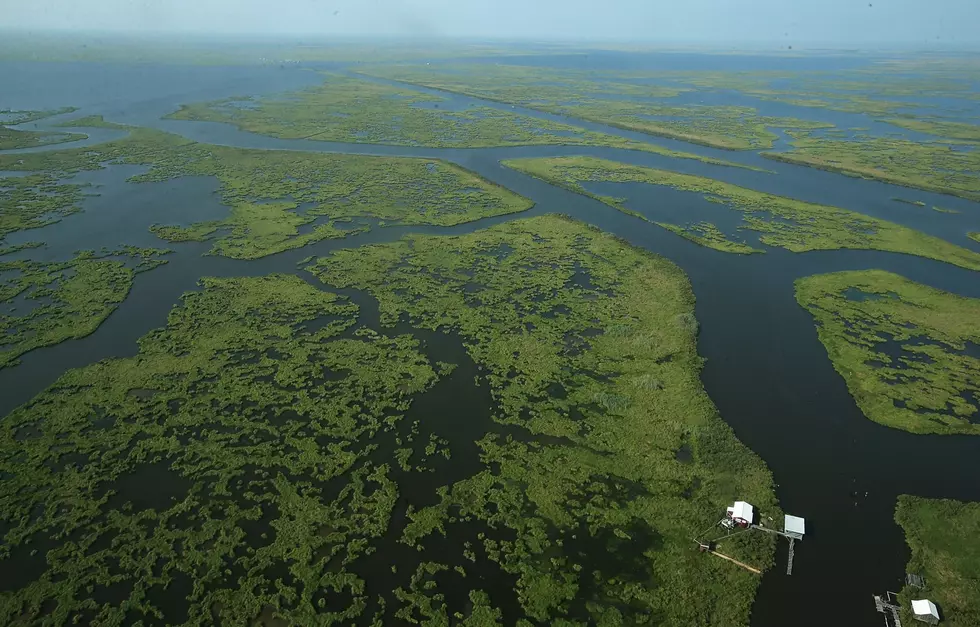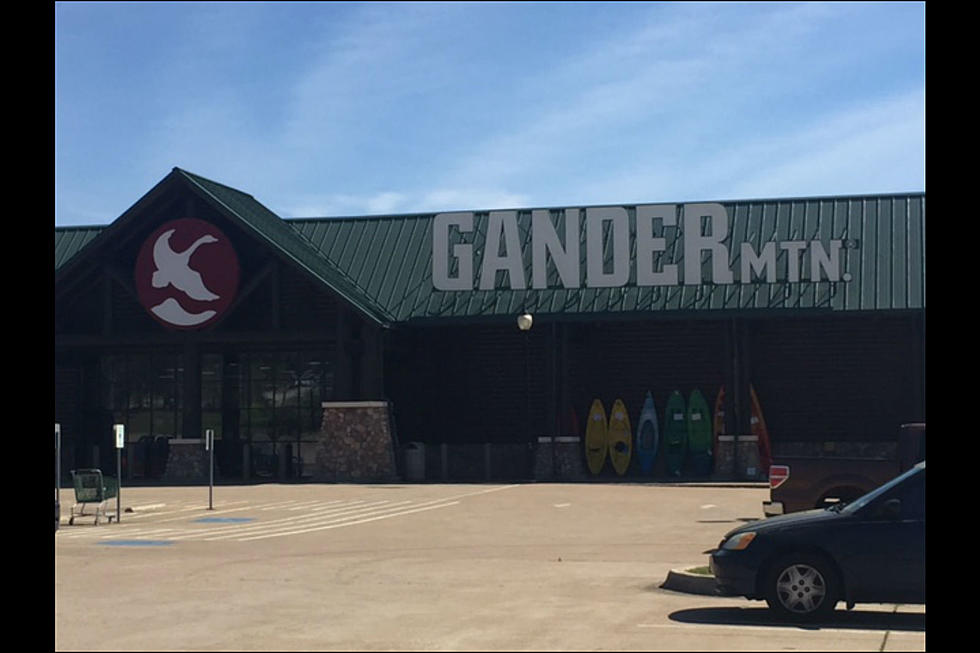
Are Louisiana’s Wetlands Doomed?
The ecosystem most identified with Louisiana is disappearing. A new study by Tulane University's Department of Earth and Environmental Sciences shows that the sea-level rise in the westernmost part of our state is 4 times the global average. The rise over the last 6 to 10 years has been a half-inch per year. At that rate, scientists say, 45% of our wetlands will most certainly be overtaken by the sea with the remaining 55% in peril.
There are a number of factors contributing to the rise in sea level including climate change and the blocking of Mississippi River sediment. River sediment is the natural land replenisher. Over the centuries as urban centers sprang up in the region, embankments were built to protect cities from encroaching water. The side effect has been what is known as "vertical accretion", which is a fancy way of saying the sediment has been blocked from settling along the coast and rebuilding the land. Add to that the fact that the coast has been naturally sinking for thousands of years, and you're faced with what seems an insurmountable crisis.
Not only do our wetlands provide habitat for wildlife, they are a natural buffer against hurricanes. The wanton destruction of hurricane Katrina was directly attributable to the loss of wetland areas.
Scientists say the first step that must be taken to combat the problem is to create openings in river levees which will allow sediment to once again deposit naturally. The next is to deal with climate change which remains a global problem, and a much larger challenge.
More From Highway 98.9









